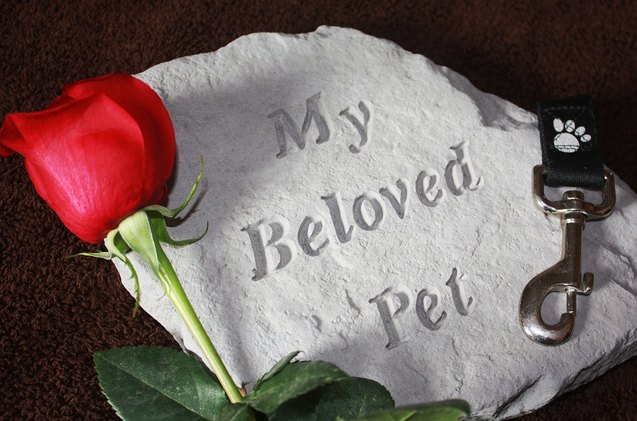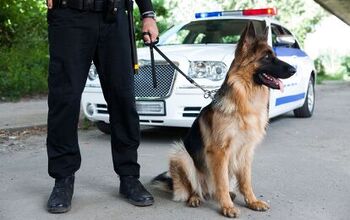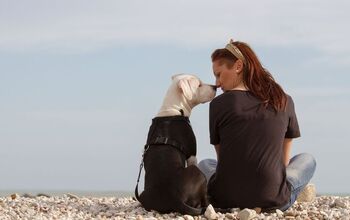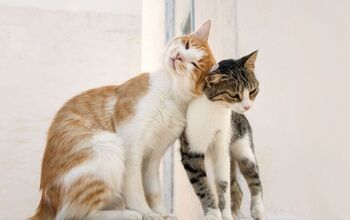Losing A Pet: Dealing With The Death Of Your Dog

Nothing compares to the heartbreak of losing a pet, especially if it comes suddenly. For many people, dogs are more than just pets or companions – they are best friends and part of the family. If you have recently lost a beloved pet, you may be wondering how you are going to get along without him. We’ve put together a few ways that can help your cope after losing a pet.
Related: National Pet Memorial Day
Understanding the Grief Process
When you’ve lost a pet, whether it be an unexpected loss or something you have prepared yourself for, know that it is okay to feel grief. Grief is a natural response to loss and it can manifest in different ways for different people. For example, some people go into denial, refusing to acknowledge the fact that their pet is gone and that he won’t be coming back. After denial, many people experience anger – anger at the world or at some higher power for taking their pet away, or even anger at themselves for not doing enough to keep their pet alive. In many cases this anger is irrational but it keeps the individual from acknowledging and accepting the loss of a pet.
Related: Pope Francis Says All Dogs (And Cats) Do Go To Heaven
The end of the grief process brings about acceptance – acknowledgement of the fact that your pet is gone and that there is nothing you can do to bring him back. This stage of the grief process may be accompanied by sadness, but that sadness will decrease over time and you will be able to remember your pet fondly. Different individuals experience the grief process in different ways and over different lengths of time. Just know that there is nothing wrong with feeling sad about losing a pet and that you have the right to grieve him in your own way.
Coping with the loss of a beloved pet can be a difficult process but there are a few things you can do to make the process a bit easier:
- Acknowledge the fact that you are grieving and give yourself permission to do so – do not try to suppress your feelings or move on before you are truly ready.
- Don’t be afraid to reach out to friends and loved ones for help or simply for a sympathetic ear if you need to talk.
- Consider recording your thoughts and feelings in a journal or try writing a poem or story about your beloved pet.
- Contact pet-loss hotlines or your local humane society for support groups for people who have lost pets – you may find solace in the company of others who are experiencing the same thing you are.
- Prepare and hold a memorial service for your pet – this may help you to say goodbye.
Other Suggestions and Tips
Try to remember that you are not the only one experiencing grief over his loss. Your children, for example, may be experiencing death for the first time and they could be confused and scared. Help your child to work through his feelings of grief by expressing your own and offering sympathy and support as you cope with your grief together.
In addition to children and other family members, other pets you own could be affected by the loss of their friend. If your surviving pet(s) had a strong bond with the pet you lost, they may refuse to eat or drink and they could become lethargic. Make sure to give your surviving pets plenty of love and affection and do your best to maintain a normal routine. Do not rush into getting another pet – you and your family need time to grieve and to say goodbye to your pet before you get another. When you do decide to move on, do not feel guilty about doing so. Bringing home a new pet doesn’t mean you are trying to replace the pet you lost, it is simply a way to sharing with a new pet the love you and your family has to give.

Kate Barrington is the loving owner of two cats (Bagel and Munchkin) and a noisy herd of guinea pigs. Having grown up with golden retrievers, Kate has a great deal of experience with dogs but labels herself a lover of all pets. Having received a Bachelor's degree in English, Kate has combined her love for pets and her passion for writing to create her own freelance writing business, specializing in the pet niche.
More by Kate Barrington























